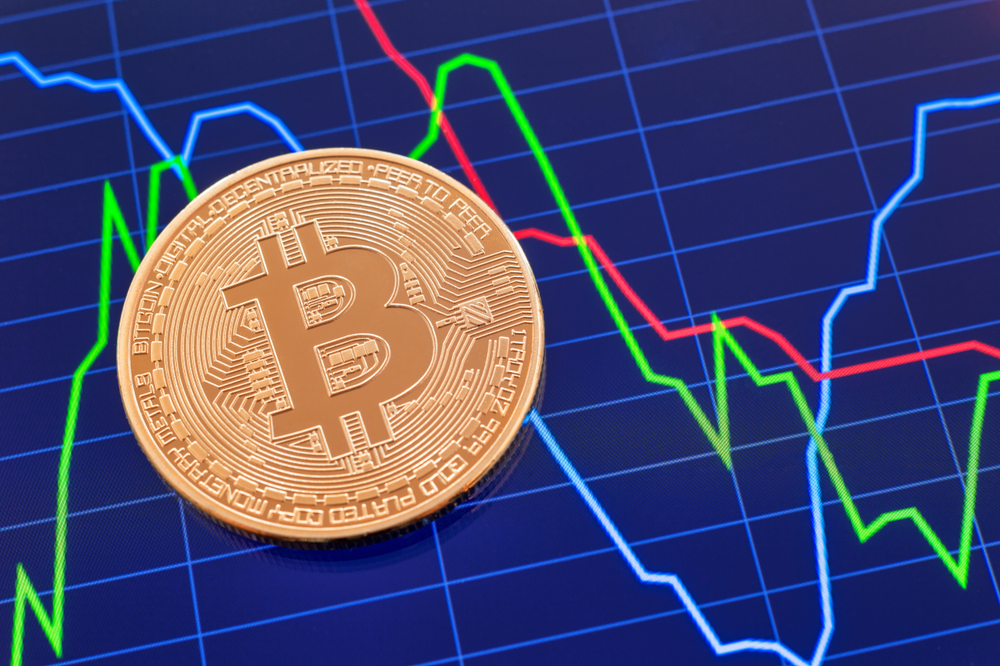Blockchain opens up many possibilities, from the world of business to the healthcare sector. The year 2020 brought a boom in using this technology to DeFi, which remains on the rise in 2021.
The sector figures reflect this movement. For comparison purposes, last November, the total value blocked in this market was US$ 12 billion, according to DeFi Pulse; in May, this volume exceeded US$ 87 billion, although when this article was written it was around US$ 53 billion.
Browse through the menu below to go straight to the information you want:
What are the biggest DeFi platforms?
According to Defi Pulse, the three DeFi platforms with the highest total value locked in May 2021 are Maker, Aave, and Compound.
MakerDAO is a decentralized credit platform on Ethereum that supports Dai, a stablecoin whose value is pegged to the USD. Anyone can use the service to open a Vault, block collateral such as ETH or BAT, and generate a debt in Dai. This debt incurs a stability fee (i.e., continuously accrued interest), which is paid back by repaying the borrowed Dai. As of May 24, the platform concentrated US$ 8.62 billion, in USD, with a growth of almost 33% in the last 24 hours.
The second platform is Aave, with US$ 7.89 billion and 27.8 percent growth in 24 hours. The platform is an open-source protocol in Ethereum, without custody, for decentralized lending and borrowing. Compound, in third place, is an algorithm in Ethereum that allows users to receive interest or lend assets without collateral. Rates adjust automatically based on supply and demand. The platform concentrates US$ 7.56 billion, up 21.68% (as of May 24).

What is DeFi?
DeFi is the acronym for decentralized finance or finances. It defines the use of technologies such as blockchain algorithms, smart contracts, stablecoins, and others, to decentralize financial products.
There is no central command in this type of crypto asset, as in a regular bank, for example. Therefore, the users themselves make the decisions through the governance tokens, which have become a highly valued asset.
DeFi attracts investors by offering the possibility of high returns, although it also poses risks. Generally, the higher gain is the result of higher leverage of the investments.
What is the purpose of DeFi?
The technology makes it possible to send money anywhere globally, make payments in continuous flows, operate with loans, among other actions. Everything that the conventional financial system does today can be done by DeFi more cost-effectively, without leaving aside security. The agility and democratization of the system are its great advantages.
What are DeFi currencies?
DeFi is a decentralized financial service developed on the Ethereum network, which uses various cryptocurrencies, such as bitcoin, the main and most well-known of them. But there is also a currency called DEFI, whose current CoinMarketCap ranking is #4007, traded mainly on the exchanges Binance and BitZ.
However, as we explain, several cryptoassets circulate in DeFi. Thus, with more exposure to different types of assets, the chances of profiting increase, but also those of having losses. Therefore, caution is needed when investing – not least because failures can occur
Can decentralized cryptocurrencies have higher appreciation?
Because there is no central command, the users themselves make the decisions in the DeFi protocols. For that purpose, they need to have a governance token for that protocol. These tokens have also become a tool for speculation. Whoever buys the asset early on can sell it for a higher value when that protocol gains traction.
In some cases, they had taken the lead not only to the market’s favorite altcoins but also bitcoin itself.
What are the top DeFi platforms?
With this DeFi boom, at the beginning of 2019, there were only five major platforms in operation. However, the industry has evolved, and new technological solutions for decentralized trading have emerged.
Some of the most well-known and secure are: Binance, Aave, Maker, Curve, Celsius Network, Crypto.com, Uniswap, YouHodler, BlockFi, and Hodlnaut.







